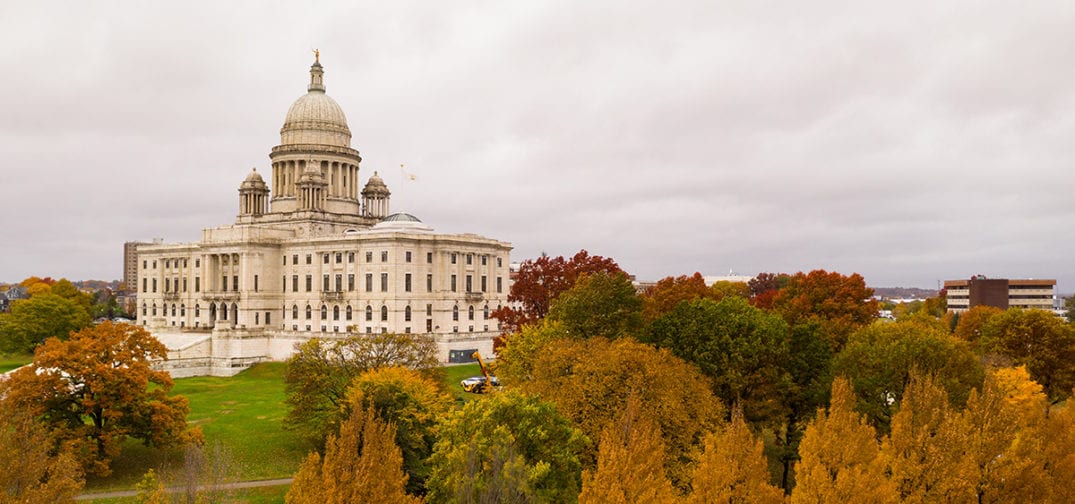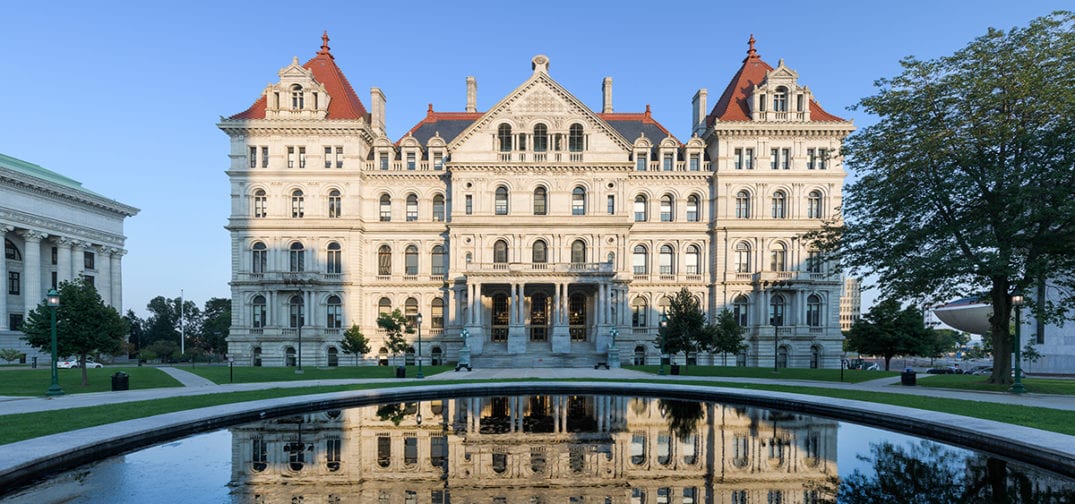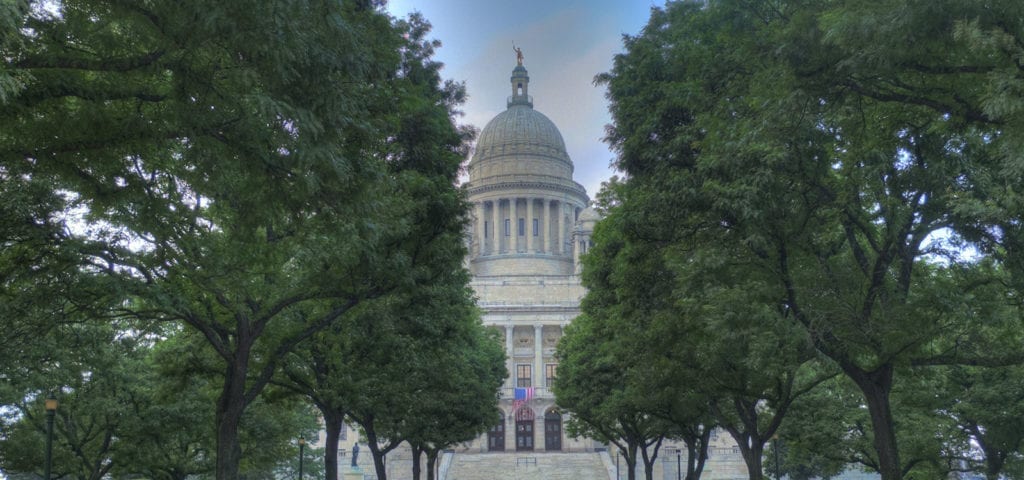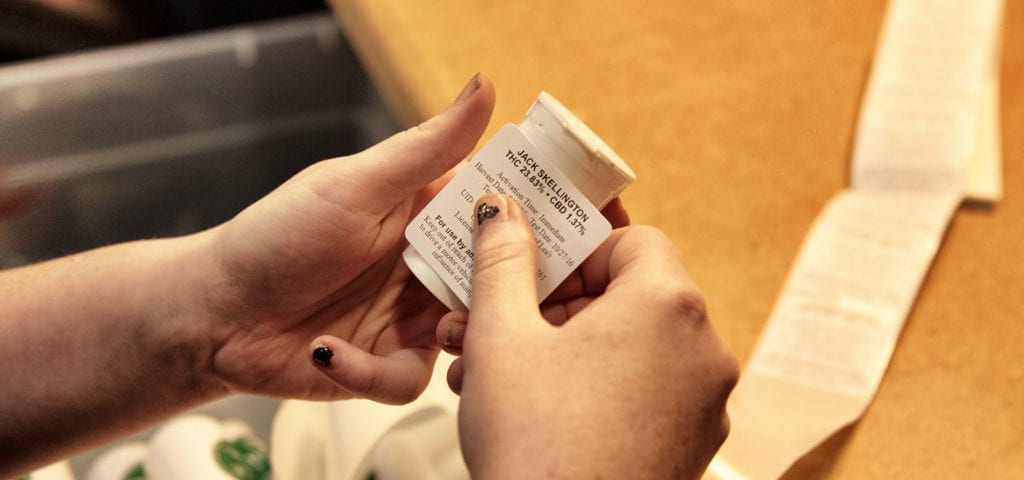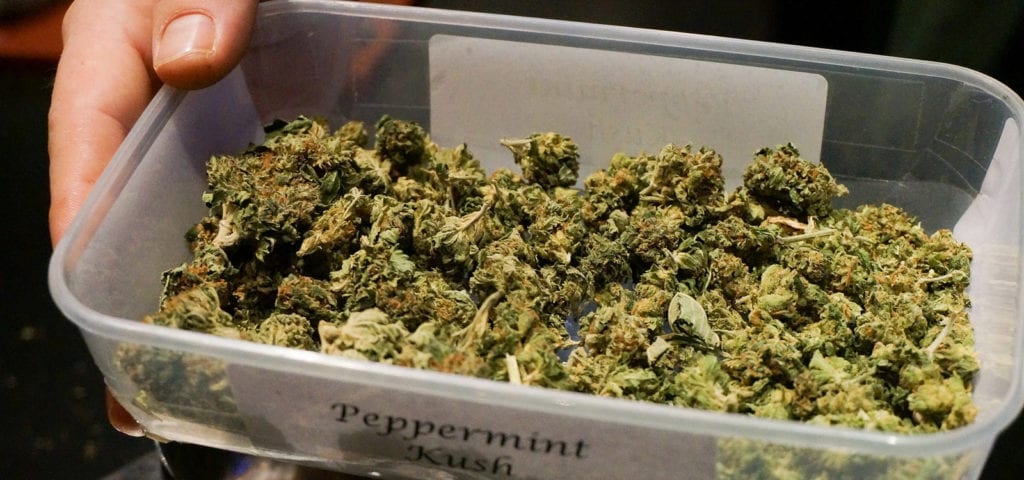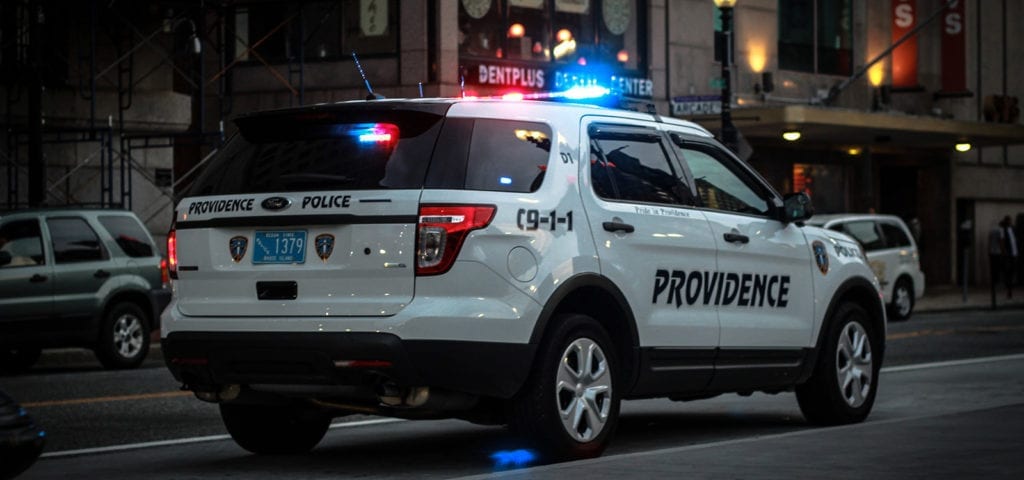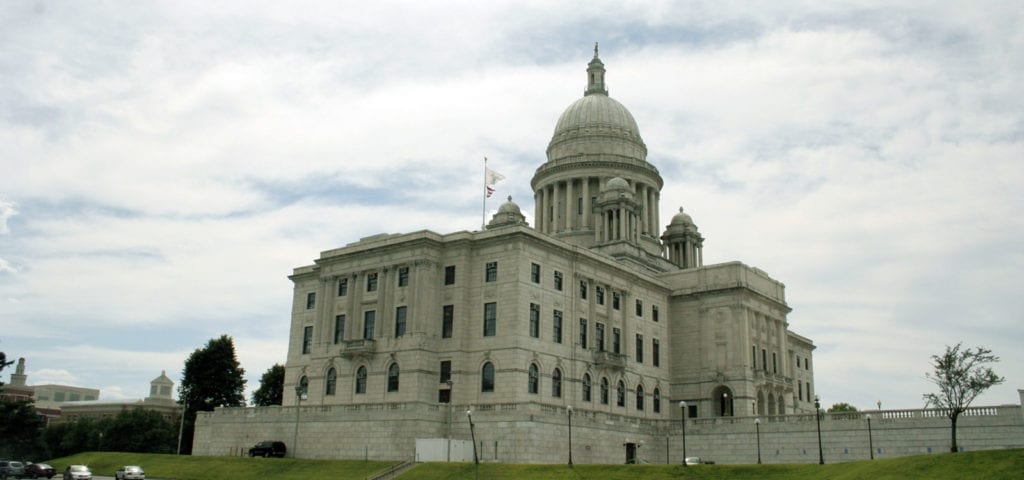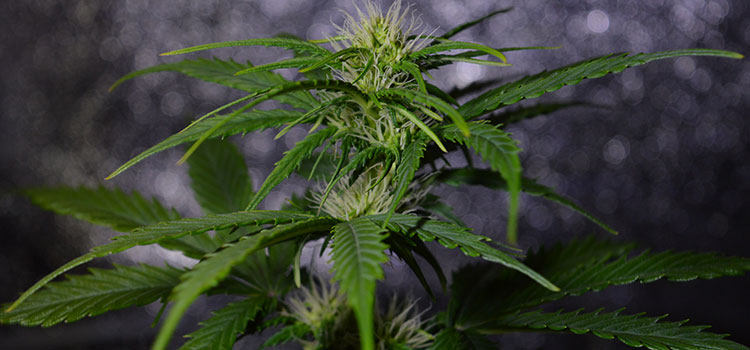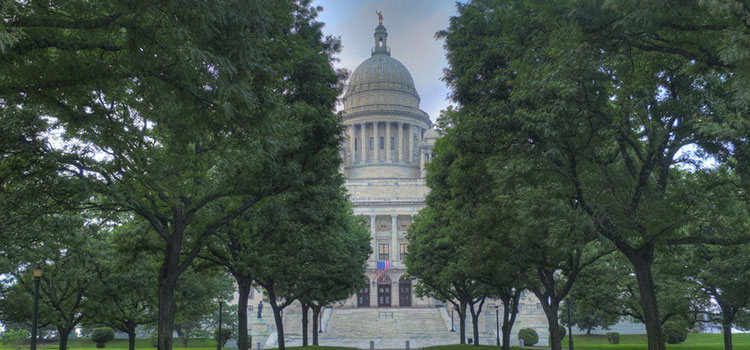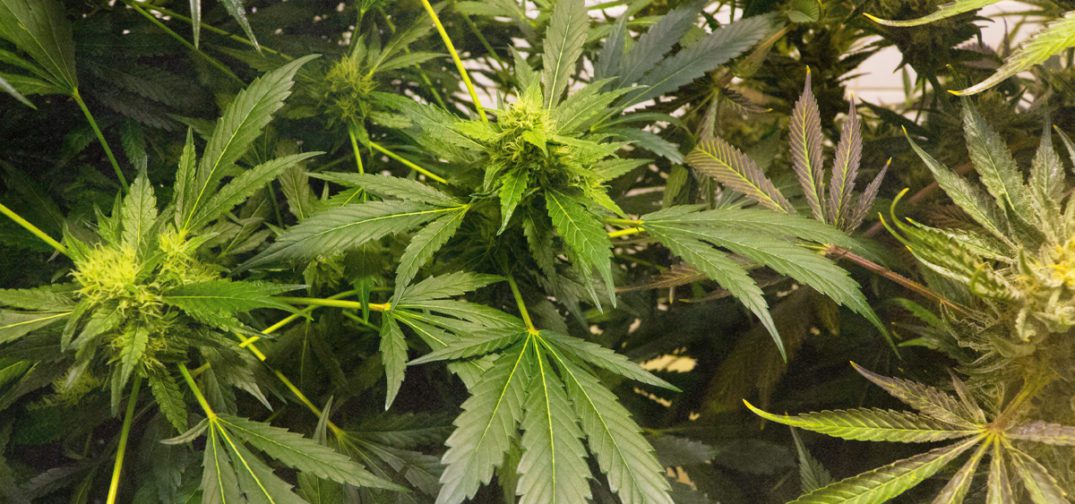Rhode Island has posted a Request for Proposals seeking bids from firms to facilitate a lottery in mid-May to select winners of six licenses to operate new medical cannabis dispensaries around the state. According to the request, the deadline for application submission is March 24 with the contract beginning April 16 and lasting for approximately a month until the lottery takes place around May 16.
The selected vendor will “design, develop and administer the random selection process” in consultation with the Rhode Island Department of Business.
“The firm or individual will be primarily responsible for securing all equipment, technology, or other necessary mediums to run the process.” — Excerpt from the request
Defying some cannabis operators who want the selection process to be based on merit, former Gov. Gina Raimondo (D) — who yesterday ascended from the governorship to join President Joe Biden’s cabinet — previously said a lottery system would help avoid “political favoritism,” The Providence Journal reports.
Responding to skyrocketing medical cannabis patient registrations in recent years — far more than the state expected — Rhode Island plans to add six new dispensaries to its existing three. Twenty-eight cannabis companies submitted applications in December, hoping to get into the market before the expected arrival of adult-use cannabis.
The 28 applicants face expensive application fees, an annual fee of up to $500,000, and together they constitute a list of Rhode Island’s “who’s who,” Ganjaprenuer reported in December. The lottery, high application fees, and other barriers come at a time when activists and lawmakers are raising social equity concerns in many legal cannabis states around the country.
End



